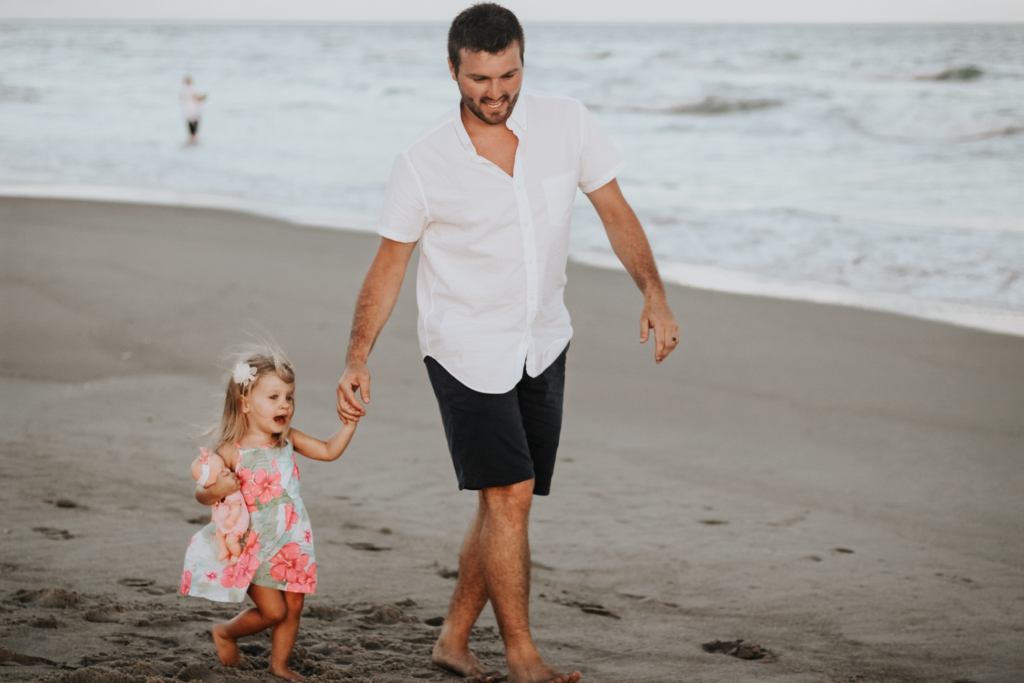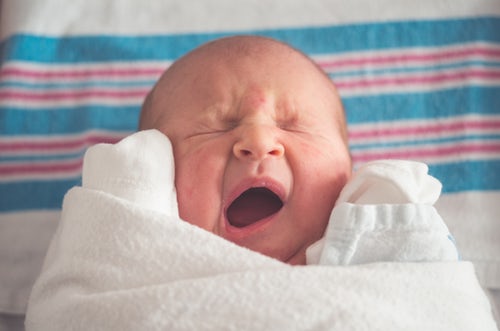News
Worried you’re not spending enough time with your family?
Turns out, helicopter parenting pays off in one surprising way—modern parents spend more time with their children than parents of any other time since the 1960s. Guila M. Dotti Sani of the European University Institute and Judith Treas of the University of California, Irvine found that modern mothers from 11 wealthy, western countries spent close to…
It’s official! Weekend sleep-ins banish sleep debt
A consistent sleep schedule is key to unlocking healthy benefits such as skin that feels fresh and rejuvenated and a strong heart and immune system. A new study says that you can catch up on sleep on the weekend and undo some of the damage caused by lack of zzz’s Monday through Friday—like feeling like…
New hope that stem cells can reverse premature menopause and restore fertility
Young women with premature ovarian insufficiency (POI) may be able to use their own bone marrow stem cells to rejuvenate their ovaries and avoid the effects of premature menopause, new research suggests. The preliminary results from the ongoing ROSE clinical trial will be presented Tuesday at ENDO 2018, the 100th annual meeting of the…
PROMOTION: Register with CordBank by July 31st 2018 to get your 1st year of storage for free!
Here are three reasons thousands of kiwi parents to be have banked their baby’s cord blood stem cells with us since 2002. Cord blood stem cells are the most powerful stem cells – the youngest, most powerful, an exact match and not damaged by aging. They are used to treat many illness and injuries…
Can cord blood battle breast cancer?
McMaster University researchers have found cord blood that has been stored through freezing for long periods of time has the potential to be used as a treatment for breast cancer. The research comes as McMaster health scientists seek additional medical opportunities for frozen, or cryopreserved, cord blood currently in storage around the world, since this…
Science says happiness is contagious
A new study in Royal Society Open Science found that moods spread across friend groups like a “social contagion.” Researchers surveyed more than 2,000 middle and high school students in the USA over a period of six months to a year. As part of the check-ins, depression screenings were administered to identify any common thread among the moods, feelings, and levels of…
Why Finnish babies sleep in cardboard boxes
For expectant parents in Finland, their “bundle of joy” isn’t just the baby. Since 1938, new mothers and fathers have received a cardboard box, often used as the baby’s first crib filled with a small mattress, blankets, infant clothes, outerwear, toiletries, and more. The Finnish government supplies the boxes, saying the gift encourages good parenting…
Having a baby later in life can boost your brainpower
New research, published in the Journal of the American Geriatrics Society, found women who have a child after the age of 35 have better memories in middle age than those who complete their family earlier. The reason is believed to be the surge of hormones which flood the body in pregnancy, which affect the brain’s…
Umbilical cord blood could hold clue to preventing type 1 diabetes
Freezing a specific type of white blood cell from an umbilical cord could hold the answer to preventing type 1 diabetes, researchers have said. A team from the University of Florida Health wanted to explore the process of freezing the cord and how it could help find future treatments for type 1 diabetes. This process is already used for parents to preserve cells which could potentially…
Does nagging your teenager daughter work?
The answer is a resounding yes, according to a study from the University of Essex. It showed that girls who have mothers who “nag” them were more likely to go to university, get better jobs and avoid teen pregnancy than those with mothers who were more relaxed. The study, led by researcher Ericka Rascon-Ramirez, followed…



